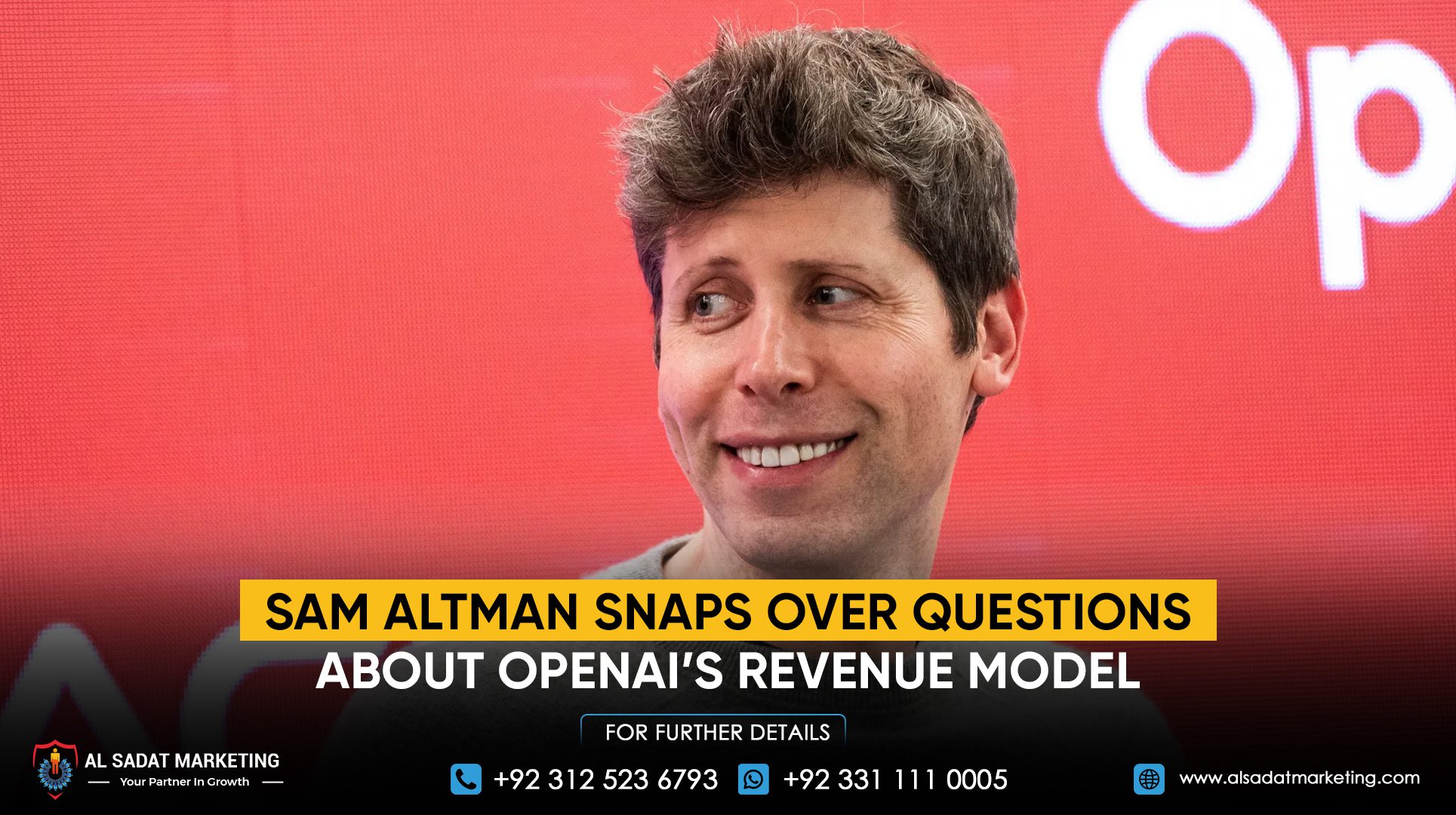OpenAI CEO Sam Altman has pushed back against speculation about the company’s finances, saying the AI leader is generating “well more” than $13 billion in annual revenue. Speaking on the Bg2 podcast alongside Microsoft CEO Satya Nadella, Altman dismissed concerns about OpenAI’s spending and long-term sustainability.
When host Brad Gerstner mentioned reports claiming OpenAI’s yearly revenue sits around $13 billion, Altman responded sharply. He said the company is performing better than the estimates and emphasized that investor demand remains high.
“If you want to sell your shares, I’ll find you a buyer,” Altman joked, indicating that many people are eager to invest in OpenAI.
The discussion also addressed reports that OpenAI faces massive costs for computing infrastructure, with estimates suggesting up to $1 trillion in spending over the next decade. Altman rejected claims that the investment levels are risky, saying critics would likely invest themselves if they had the opportunity.
Revenue growth and future expansion
Altman said revenue is growing rapidly and expects demand for AI products to continue increasing. He highlighted three key business areas where OpenAI expects major growth:
• ChatGPT’s global consumer use
• OpenAI is becoming a major cloud AI provider
• Development of AI systems that can automate scientific research
He said the company is “making a forward bet” that these areas will scale significantly.
Satya Nadella supported these statements, adding that OpenAI has outperformed every business forecast it presented to Microsoft since the start of their partnership.
No immediate plans for stock market launch
Despite rising revenue and growing investor interest, Altman clarified that OpenAI is not currently preparing for an IPO. He said the company does expect to go public at some point, but there is no timeline or board decision in place.
Speculation during the conversation suggested OpenAI could reach $100 billion in annual revenue in a few years. Altman hinted that such growth could happen sooner than expected, suggesting 2027 as a possible target.
The discussion signals strong confidence from OpenAI leadership in the organization’s long-term growth, even as questions continue about the future cost of large-scale AI development.










